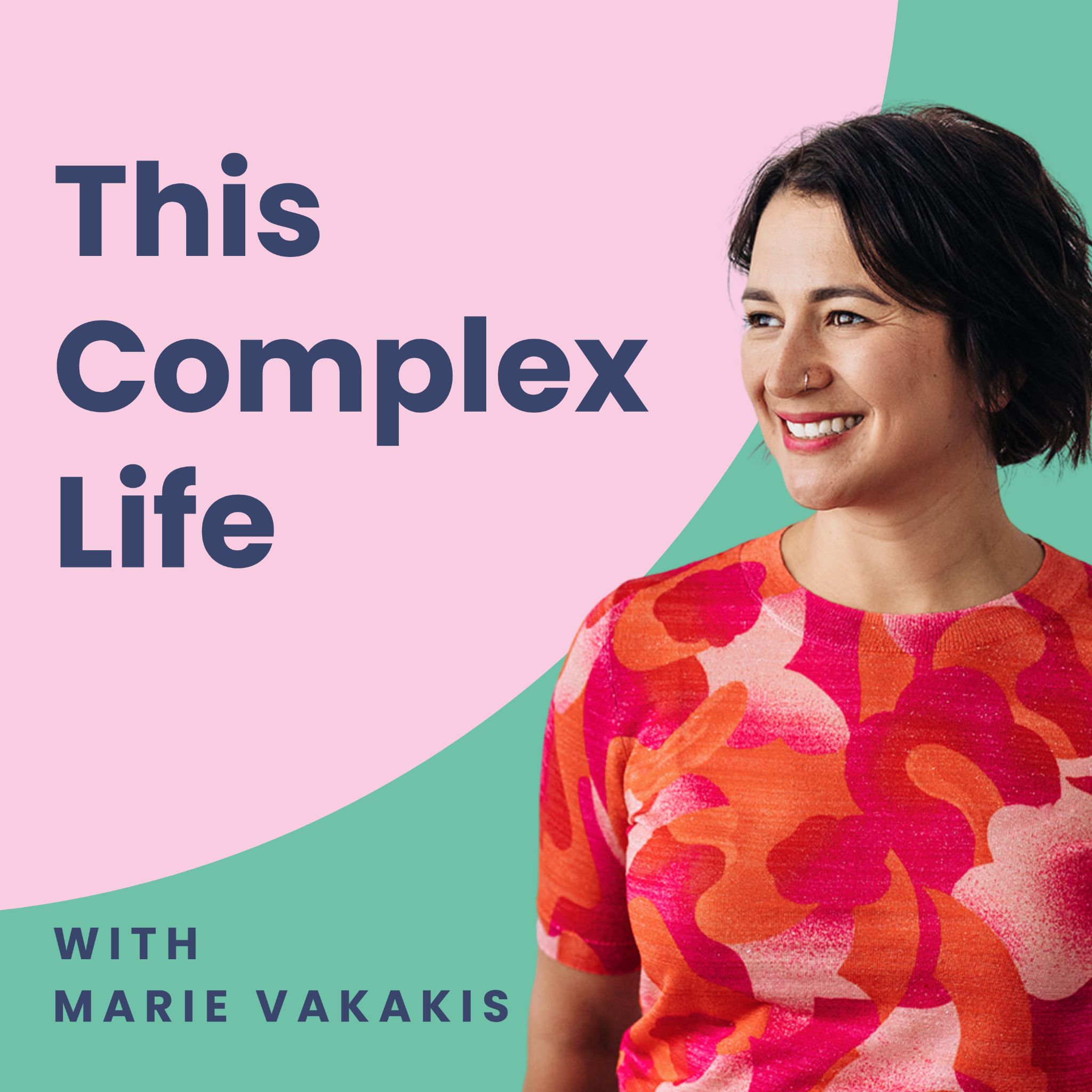ENCORE: Youth Mental Health First Aid with Dr Claire Kelly
Description
What is mental health?
It’s like health it’s on a continuum You can have good health or poor health You can have an illness and it can be managed and have good health
What are some of the barriers to help-seeking?
Help-seeking is low across all ages,
Young people are less likely to seek help
Low levels of stigma towards others but higher self-stigma, feelings of I can deal with it myself.
It’s hard to know what are normal changes, this can be tricky for people to recognise.
Changes during adolescence
Changes in focus and mood Physical changes over time Body Behaviour
Like any other sickness, mental health problems result in missed days, work left undone and wasted opportunities.
What are some of the additional impacts of not getting treatment early?
Educational outcomes getting the grades they want at school that they are capable of Impacts the study they may like to do later on Impacts on physical development Social development Making friends Relationships Withdrawn
Loneliness can be a factor, as you withdraw due to work mental health, you may feel more and more lonely and find it more difficult to reach out.
The MHFA course discusses some of the potential red flags/ things to look out for when someone may be struggling with their mental health, strategies for managing the initial support of friends, family and colleagues safely, and information on obtaining immediate assistance if necessary.
Can you talk a little bit about what somebody walking out of the standard and youth 14 hour class is really trained or educated to do specifically?
What’s it not
Doesn’t teach counselling skills Doesn’t teach you to diagnose
It gives you some education around the clusters of symptoms you may notice and helps you potentially identify if someone is in crisis.
‘’If you’ve seen major changes (negative changes) in someone’s feelings, thinking and behaviour.If it appears to be having an impact on their ability to function, enjoy relationships study etc and it’s lasted more than a couple of weeks they need help. ‘’
Often people are scared they’ll make things worse or being nosey.It’s ok to have these conversations,
Mental Health First Aid, helps you have a plan in place and connect with someone. It’s different to being a professional on the treatment side of things
Tips for doing the course
Everyone should attend a mental health first aid course
Just like everyone should attend a physical first aid course.
It’s a different set of skills than what’s delivered in the curriculum, so consider doing a course.
If you have an interest in mental health, then consider becoming an instructor.
https://insidesocialwork.com/episode7/
To find out more about mental health first aid check out the MHFA website
https://mhfa.com.au
Resources:
https://www.samhsa.gov/programs
https://mhfa.com.au/courses
https://mhfa.com.au/mental-health-first-aid-guidelines
Join Marie and become a Youth Mental Health First Aider
EALRY BIRD—— before the 31st October promo code PinkFlamenco2021
https://thetherapyhub.com.au/online-youth-mental-health-first-aid/
Join the Inside Social Work Facebook Group
Join the Inside Social Work Podcast mailing list to get your free social work career guide
Visit the website for the latest info and show notes
More Episodes
In this episode of "This Complex Life," I speak with Dr Lucy, We delve into the profound relationship between our mindset, eating habits, and overall well-being. Dr. Lucy, a dedicated medical practitioner and co-founder of Real Life Medicine, sheds light on the importance of understanding the...
Published 03/20/24
Published 03/20/24
In this episode, I address a listener's question on how to support a daughter through the trauma of sexual assault with sensitivity and without adding to her burden.
Themes:
Responding to Sexual Assault: Understanding the significance of a supportive response and how it can influence a...
Published 03/13/24


